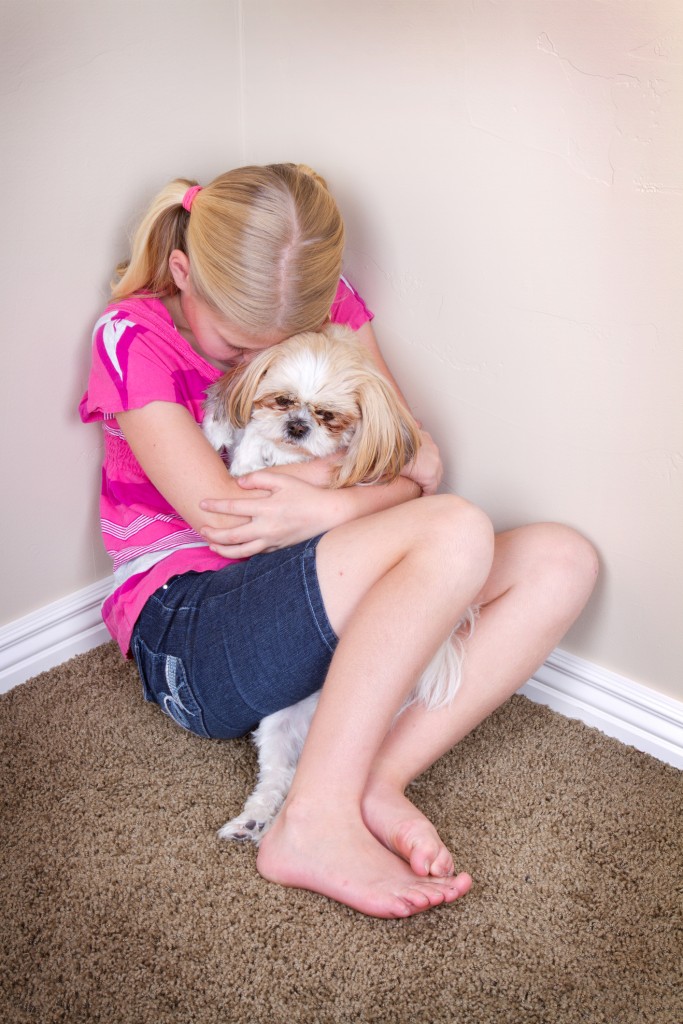Bereavement
How To Spring Clean Your Soul
While we often think of spring cleaning as decluttering our homes, this season can also be a wonderful time to emotionally let go of things that are taking up too…
Read MoreThe Worst Things To Say To A Child Who Is Grieving
Most of us struggle in knowing how to give comfort to an adult who is experiencing a loss or death of a loved one, let alone a child. We often struggle…
Read MoreThis Is How We Grow
Often, when we are going through trials or heartache, we ask “Why?”. Why Me? Why did this happen? Why am I struggling so much? Why did my loved one have…
Read More

